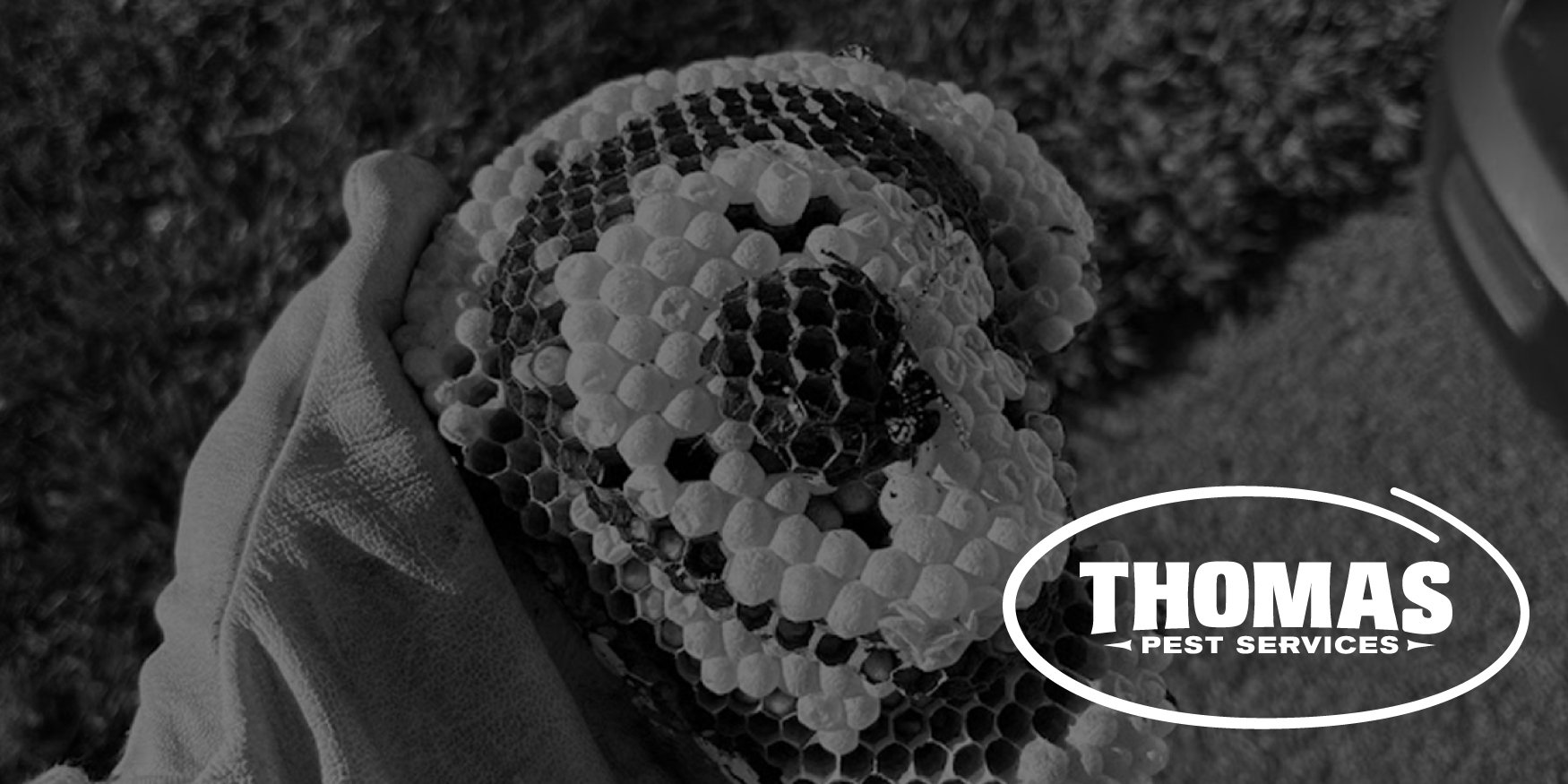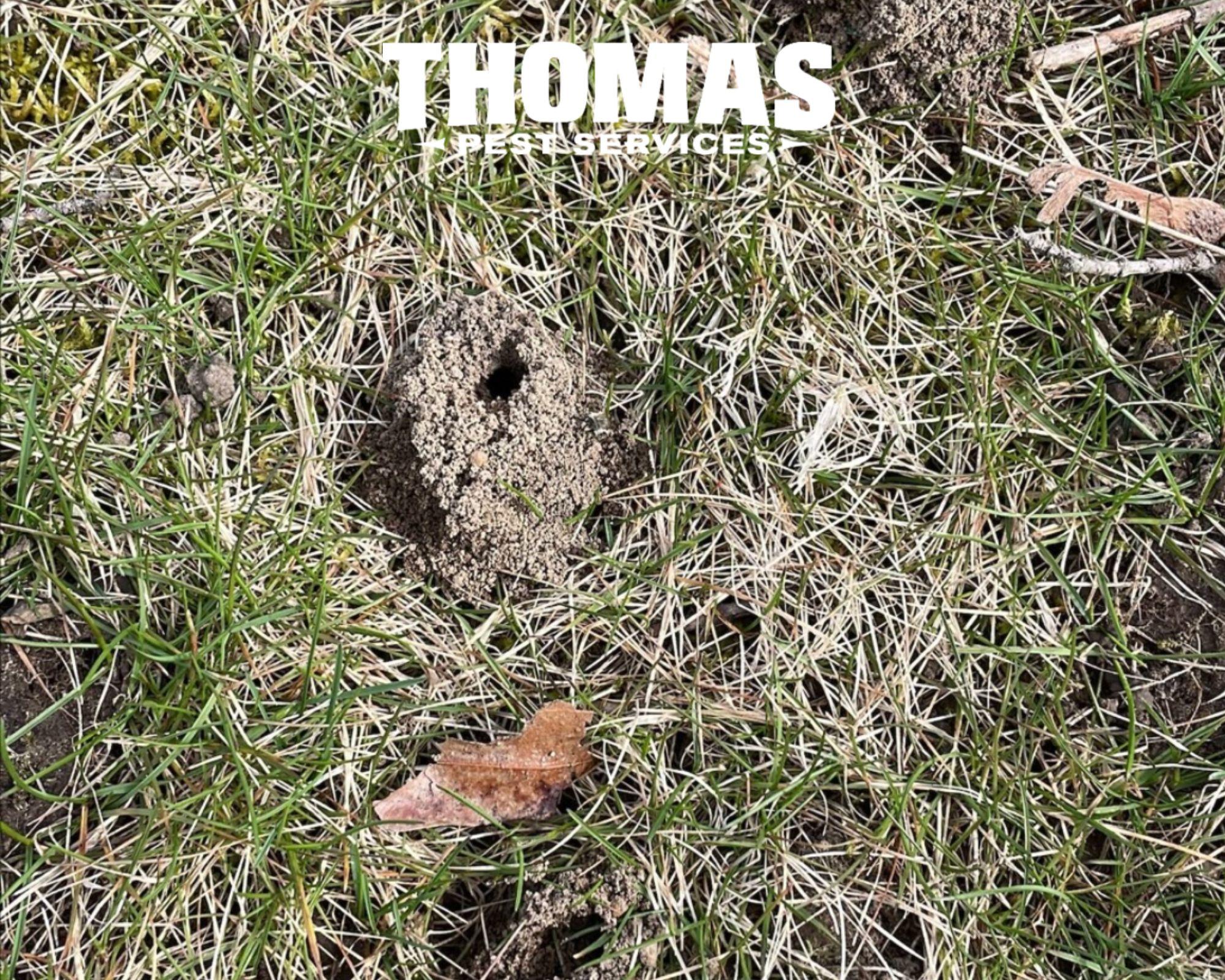Tick Prevention Tips
Tick bites are usually painless, the ticks are tiny, and consequently many people are unaware that they have been bitten. Ticks do not survive in hot, dry areas as it causes their bodies to dry. They can be active when temperatures are above 40F even in the winter. A shocking new report on lyme disease was released by the Centers for Disease Control and Prevention stating cases in the United States are 10 times more common than previously thought, according to CBS 6 News.
Tick Prevention Tips:
- Wear light colored clothing, long sleeves and pants, tuck pants into socks.
- Long loose hair should be covered, braided or tied when venturing into areas where ticks are apt to be.
- Spray your clothing, with an insect repellent.
- When coming in from outside activities where you might have encountered ticks, throw clothing into the dryer set on high heat. This will ensure no ticks survive on your clothing.
- After spending time outdoors, perform a tick check, take a shower and wash your hair. Check dark, moist areas: hair, cracks behind ears, knees, elbows, underarms, crotch etc.
- Keep pets that have outside exposure off furniture especially bedding. Perform a tick check on your pet and properly remove ticks if found. Ticks should be removed promptly and correctly. Learn how to remove a tick correctly, don’t squeeze, burn or cover in a substance.
Property Management for Ticks:
Ticks are most common in overgrown places where the ground is covered with leaf litter, weeds, and high grass, etc. These are the areas where they are protected from harsh drying effects of sun and wind, and are also where mice and deer live. Ticks can be found in the ecotone that surrounds your lawn area from the woods. Sometimes they can be found on well mowed lawns or in your home, because they dropped off animals or pets that crossed over or entered these areas.
The following methods are suggested to minimize ticks on your property:
- Create tick free zones around your home by cutting back wooded areas and increasing the size of open lawn.
- Keep grass mowed to 3 inches or less. This lowers humidity at ground level, making it difficult for ticks to survive.
- Place play areas in sunshine.
- Remove leaf litter, moist plant litter, brush, weeds and other debris that attract ticks.
- Eliminate dense plant beds close to your home such as ivy and pachysandra.
- Create borders (pebbles, cedar chips) to separate your lawn from the wooded area surrounding it.
- Rock walls, woodpiles, and bird feeders attract mice and chipmunks which hide, nest and eat spilled food from these sources. Do your best to keep these far from your home.
- Keep garbage in tightly closed cans and don't leave pet food outside or purposely attract and feed wild animals.
- Reduce plants that attract deer and plant those that they do not eat.
Living in and around the Capital Region it is inevitable you will come across ticks. Unfortunately, keeping these insects away from your property is nearly impossible, but our pest management services can help. With simple precautions you can potentially avoid encounters with these biting insects. Thomas Pest Services, your Ballston Spa pest control experts can help reduce you and your families’ risk. If you live in Clifton Park or elsewhere in the Capital Region and need assistance getting rid of ticks , fill out our contact form today!




